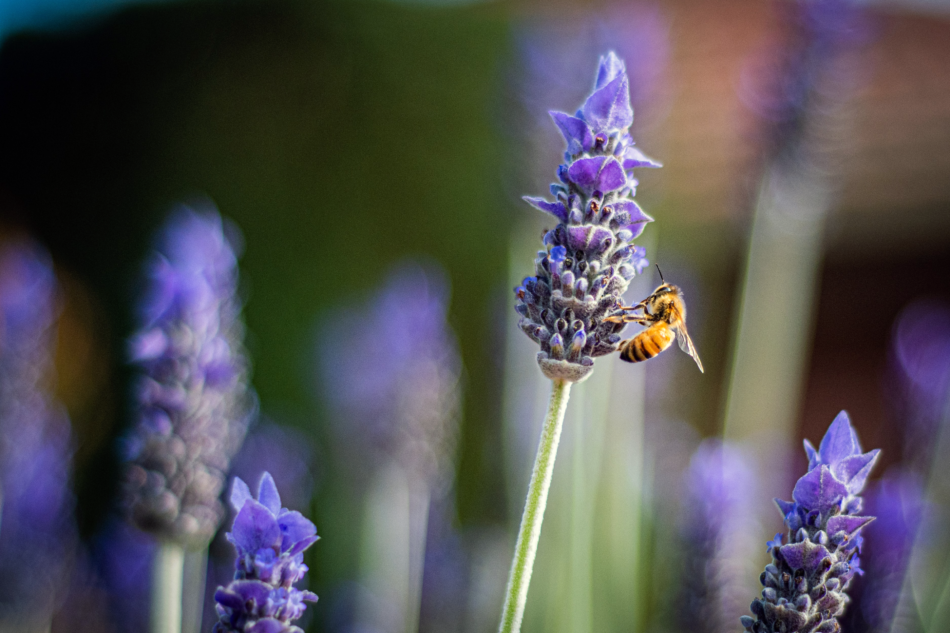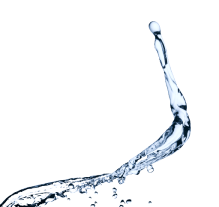[vc_row][vc_column][vc_column_text]The Commission’s Joint Research Centre has published a summary for policymakers of the first EU–wide ecosystem assessment. The report, developed jointly with the European Environment Agency, provides science-based advice on restoring degraded ecosystems, improving the monitoring of their health, and defining methods to assess their condition.
One year on from the launch of the EU Biodiversity Strategy for 2030, the report supports efforts to put Europe’s biodiversity on a path to recovery and will feed into the process of identifying priority ecosystems in need of restoration. The summary will help inform a legislative proposal for a nature restoration law, which the Commission will put forward by the end of 2021 as part of the EU Biodiversity Strategy for 2030. The public consultation on this subject showed broad support for reinforcing legal protections and restoring natural ecosystems.
– Executive Vice-President Frans Timmermans, for the European Green Deal, commented: Healthy, thriving and resilient nature is at the core of healthy lifestyles, thriving economies and resilient societies. However, Europe’s ecosystems are under increasing pressure, putting us all at risk. Nature restoration will be essential to deliver win-win solutions for climate, biodiversity and human wellbeing by 2030.
– Commissioner for Innovation, Research, Culture, Education and Youth, responsible for the Joint Research Centre, Mariya Gabriel said: Science has a crucial role to play in protecting biodiversity and safeguarding precious ecosystems. This report provides valuable input to help ensure a firm evidence base for the policies needed to achieve these goals.
Restoring Europe’s ecosystems will help to increase biodiversity, mitigate and adapt to climate change, and prevent and reduce the impacts of natural disasters. Without healthy ecosystems we could lose the services that nature provides for us, whether it’s food, clean water, medicine, materials, recreation or wellbeing. The assessment reveals that the condition of all Europe’s ecosystems – from forests to agricultural lands, urban areas, wetlands, rivers, lakes and seas – needs to improve significantly in order to halt and reverse biodiversity loss.[/vc_column_text][/vc_column][/vc_row]




